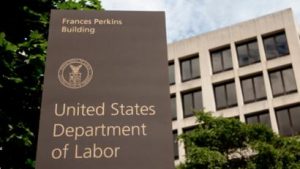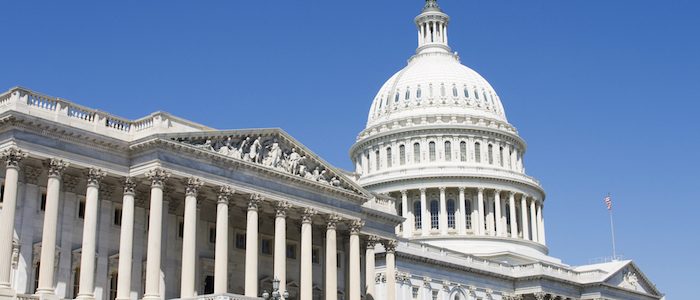House committee approves Dodd-Frank replacement bill that includes repeal of DOL fiduciary rule

The Financial CHOICE Act also makes substantial changes affecting many regulators, including the Securities and Exchange Commission
By Hazel Bradford – InvestmentNews – May 5, 2017
A replacement for much of the Dodd-Frank Wall Street Reform and Consumer Protection Act was passed by the House Financial Services Committee on Thursday.
The vote was 34-26 along party lines, and came after three days of considering amendments from Democrats opposing it. The full House could vote later this week.
The Financial CHOICE Act, whose chief sponsor is committee chairman Jeb Hensarling, R-Texas, would repeal the Department of Labor’s new fiduciary rule until 60 days after the Securities and Exchange Commission issues its own standard, which is not underway. The DOL fiduciary rule would have to be “substantially similar” to the SEC’s rule.
The bill also makes substantial changes at many financial regulators, including the SEC and the Financial Stability Oversight Council, which would no longer be able to designate non-bank firms as systemically important and would have to repeal previous designations.
The Volcker Rule, which prevents government-insured banks from engaging in riskier investment activity, also would be repealed.
Other changes at the SEC include more cost-benefit analysis requirements, increased penalties for civil and administrative actions, and creation of an enforcement ombudsman and enforcement advisory committee.
For shareholders, it changes the processes for submitting corporate proposals and voting for corporate board directors, and limits their use of proxy services. Ken Bertsch, Council of Institutional Investors executive director, testified at a committee hearing April 28 that the legislation “threatens fundamental shareholder protections.”
Amy Borrus, CII deputy director, said in an emailed statement that the act “would crush shareholder proposals, which for decades have been an effective channel for investors to communicate their views to boards and management, [and] would condemn the SEC to endless, redundant busywork. That would cripple its ability to deliver on its mission of protecting investors, policing markets and fostering capital formation.”
In a letter Monday to the committee, the U.S. Chamber of Commerce said the Financial CHOICE Act “is an essential first step toward unlocking our capital markets and facilitating the financing of economic growth and job creation.”
Rep. Bill Huizenga, R-Mich, who chairs the Subcommittee on Capital Markets, Securities and Investment, said another important reform was requiring an audit of the Federal Reserve, “so policymakers and everyday Americans have a more informed understanding of how the Fed is impacting our economy.”


